Boost Your Harvest With Homemade Fertilizers
As an Amazon Associate and member of other affiliate programs, I earn from qualifying purchases.
Homemade plant food is not only organic and frugal but is an extremely effective natural fertilizer that can really boost your garden harvest.
Growing a lush and productive garden isn’t complicated, and the secret is all in the soil and nutrients you’re providing to your plants.
Undoubtedly, plants that get healthy soil and nutrients grow bigger, prettier, and make more fruit. But it’s easy to forget that, just like humans, plants need to be fed from time to time to help them grow.
If the thought of using commercially produced synthetic fertilizer makes you cringe, here’s some good news. You can make your own, very healthy and nutritious plant fertilizer right at home with things you already have.
Homemade Plant Food Recipes
You can easily make your own organic plant food at home, and these recipes will lay it all out for you to make it easy and quick to get a greener garden.
The ingredients for your DIY natural fertilizer are similar to things you would be putting into your compost pile. If you’re not composting, that’s okay.
You don’t need a compost pile to put these ingredients together to make a healthy homemade fertilizer.
If you’re not familiar with the basic nutrient needs of plants, I strongly recommend you read through this article on fertilizer and nutrients for plants.
It’s not necessary to understand this to make your fertilizer, but growing vegetables makes a lot more sense when you understand their basic nutrient needs.
Cooking Water As Plant Food
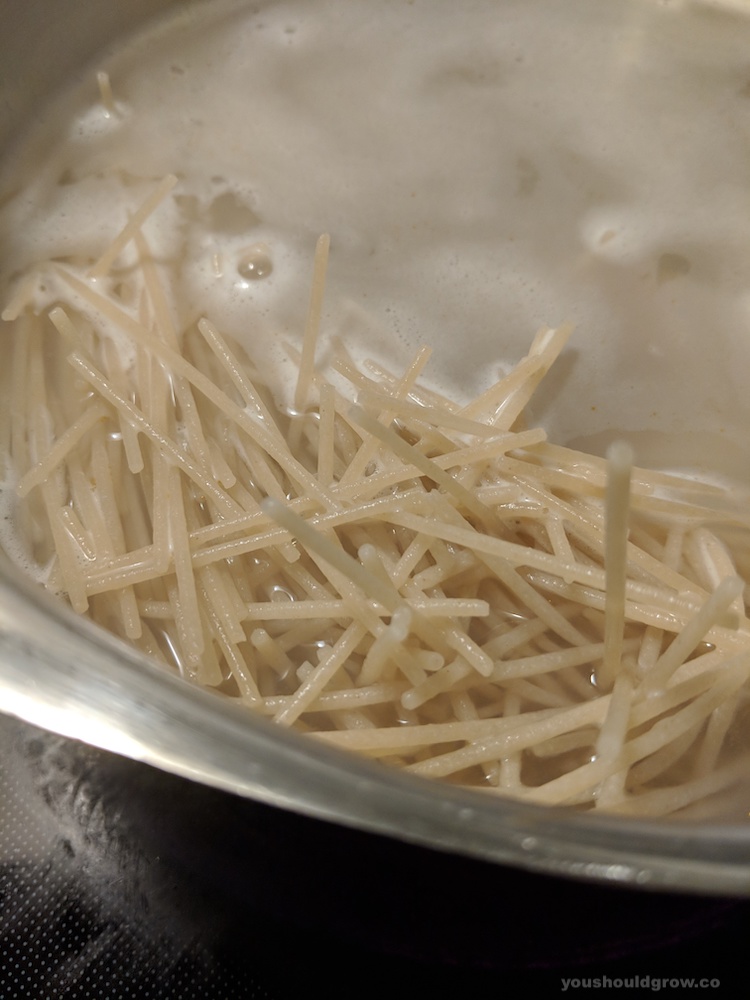
You can use the water from cooking vegetables like potatoes and corn as well as water from boiled eggs and cooking pasta as fertilizer for your plants.
Just let the water cool before pouring it at the base of your plants.
Grass and Weed “Tea” Liquid Fertilizer
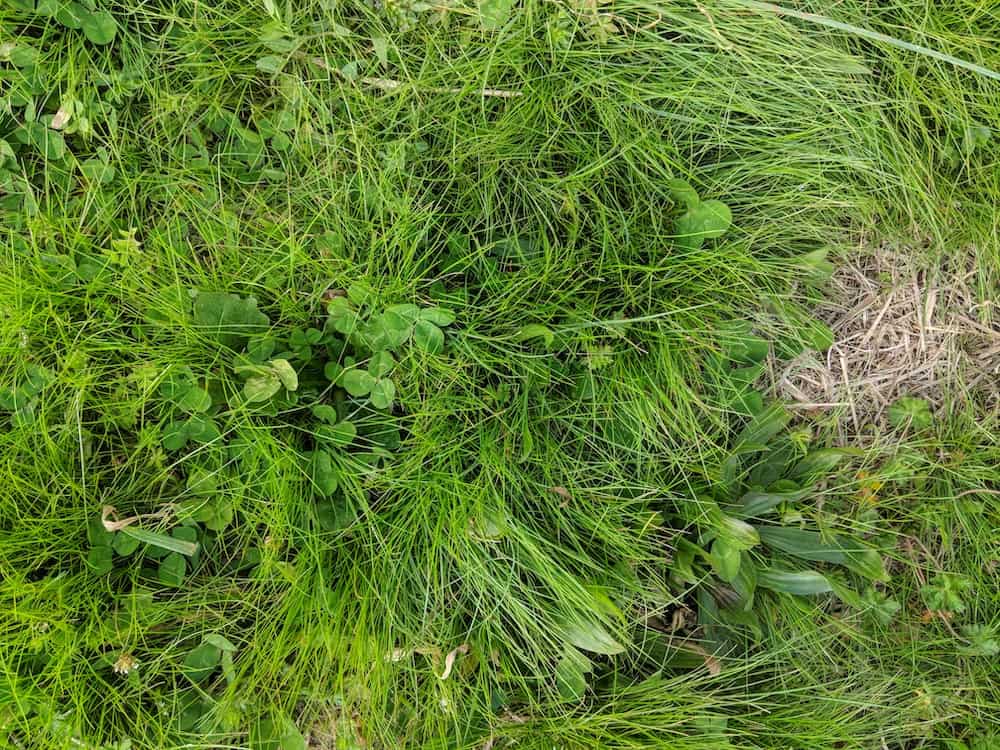
After you mow your lawn, you can save the grass clippings to make high nitrogen fertilizer. But if your lawn is like ours, then it’s full of crabgrass, dandelions, and all sorts of weeds.
You don’t want to place cut weeds directly in your garden in case there are any seeds present, but you can ferment all the clippings for a few weeks then use the filtered water to fertilize your plants.
Simply put your clippings in a bucket, fill to top with water, cover and let them sit for 3-4 weeks. Pour off the liquid to use in your garden and toss the remains in the trash or an unused area of your property.
DIY Food Scraps Fertilizer
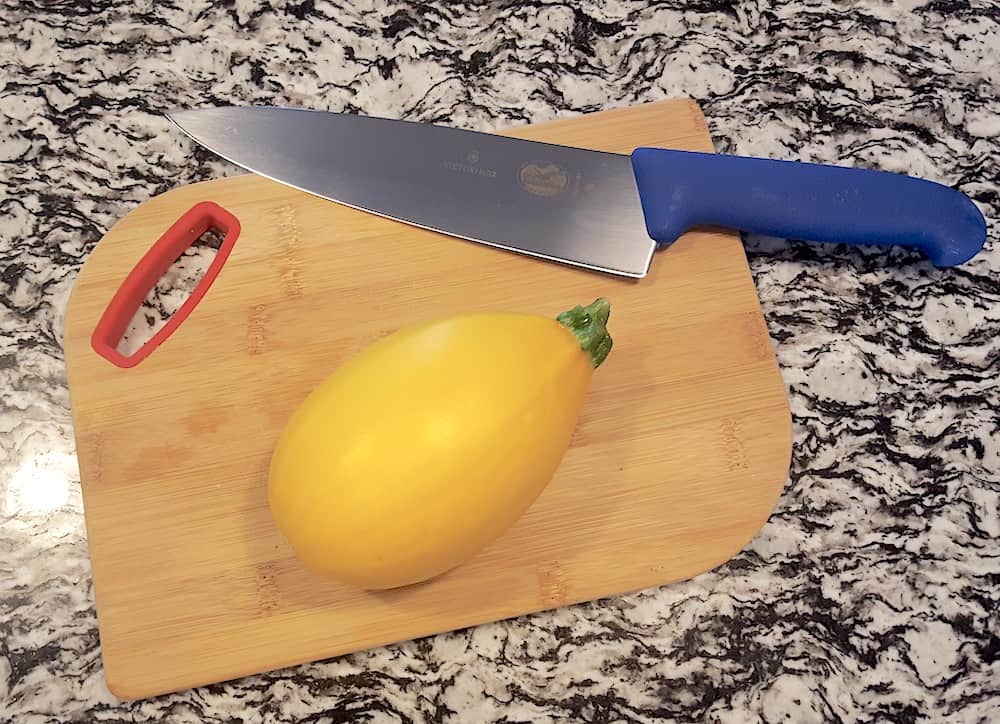
It’s super easy to throw together food scraps to make a very effective fertilizer. Store scraps in your fridge or freezer until you have enough to use – a gallon freezer bag is plenty. The more you use, the larger batch of fertilizer you’ll have.
When you have enough scraps, all you do is blend them with enough water to make a puree. To make liquid fertilizer, soak the puree in water for 1-3 nights. Pour off the water and use that for watering your plants once a week.
Throw the solid leftover bits into your compost bin or bury them right in your garden. When you bury the ground up veggies, you’re basically composting right in your garden soil.
Here are some safe items to include in your food scraps fertilizer:
* Vegetable scraps
* Banana peels and other fruit scraps
* Used coffee grounds
* Eggshells
* Used tea leaves
* Powdered milk
* Fish and shellfish pieces
* Gelatin
How often should you fertilize?
For a super happy and productive veggie garden, make a little batch of homemade fertilizer every week. Because this solution is very weak, it’s safe and effective to use it more often.
Diluting down your fertilizer and feeding your plants more often gives a more even supply of nutrients and can improve your overall results.
Using these fertilizers in conjunction with additives that condition your soil will gradually build healthier soil for long term results and easier gardening success.
Do you have a homemade fertilizer recipe?
Share your experience in the comments below!
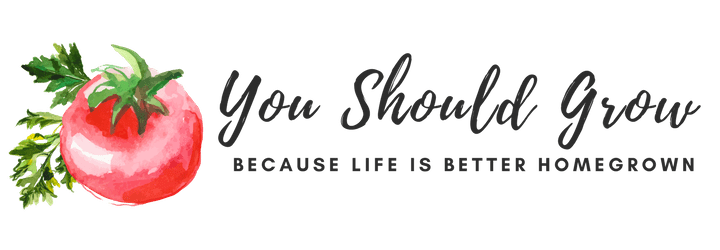

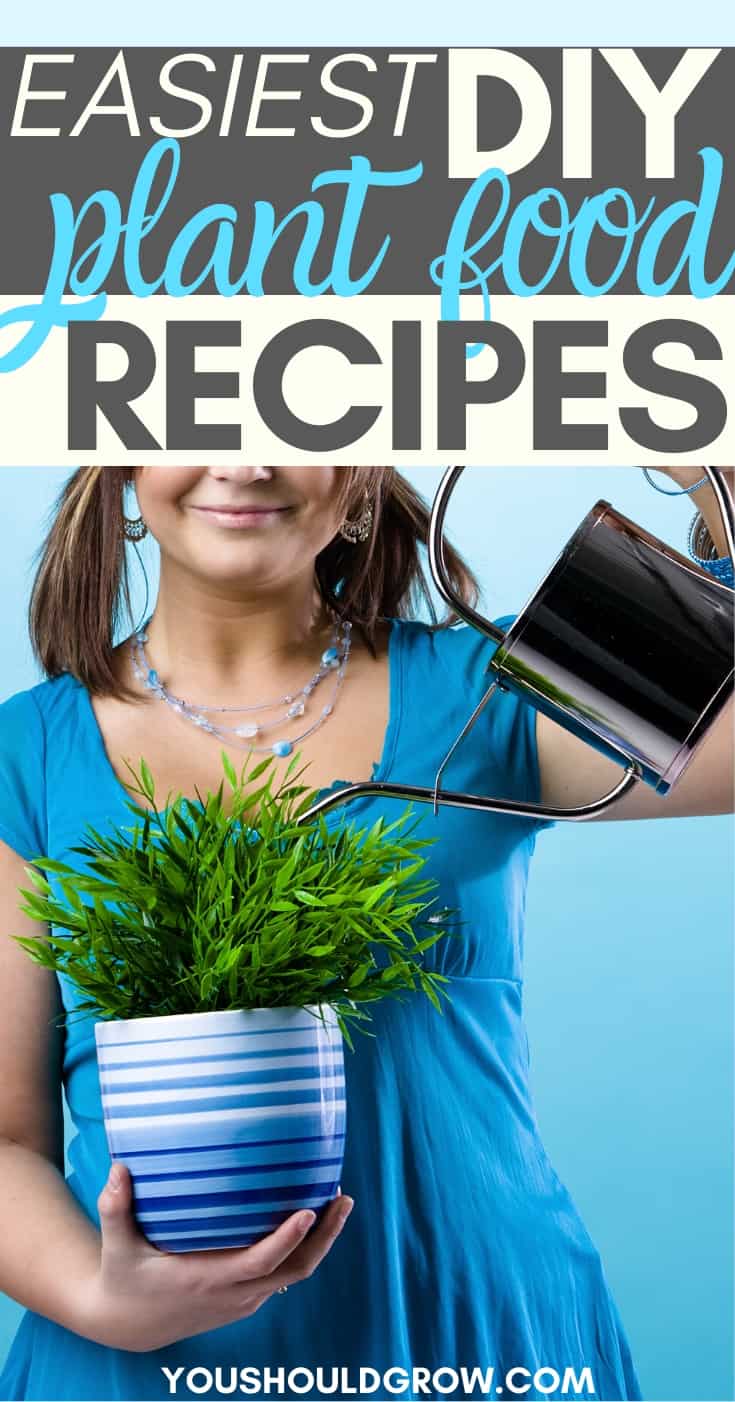
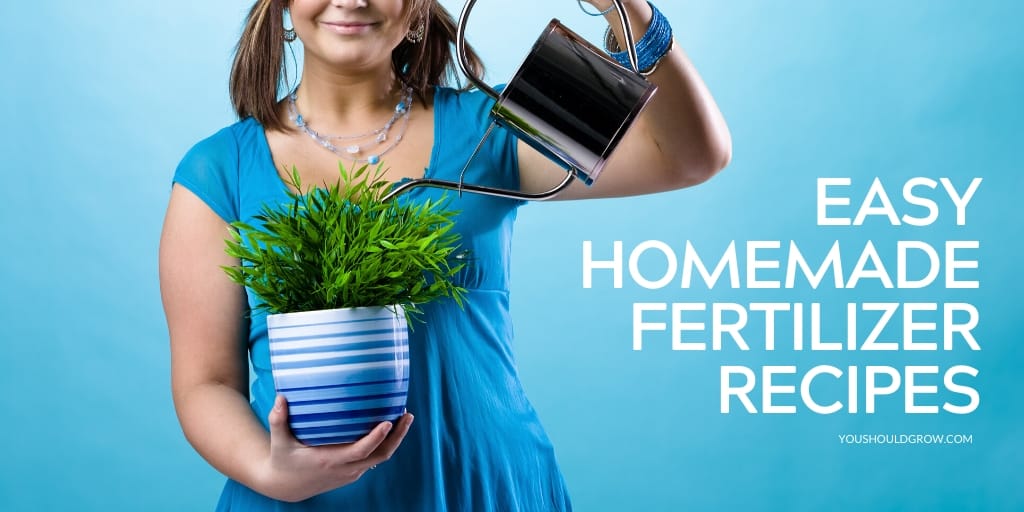
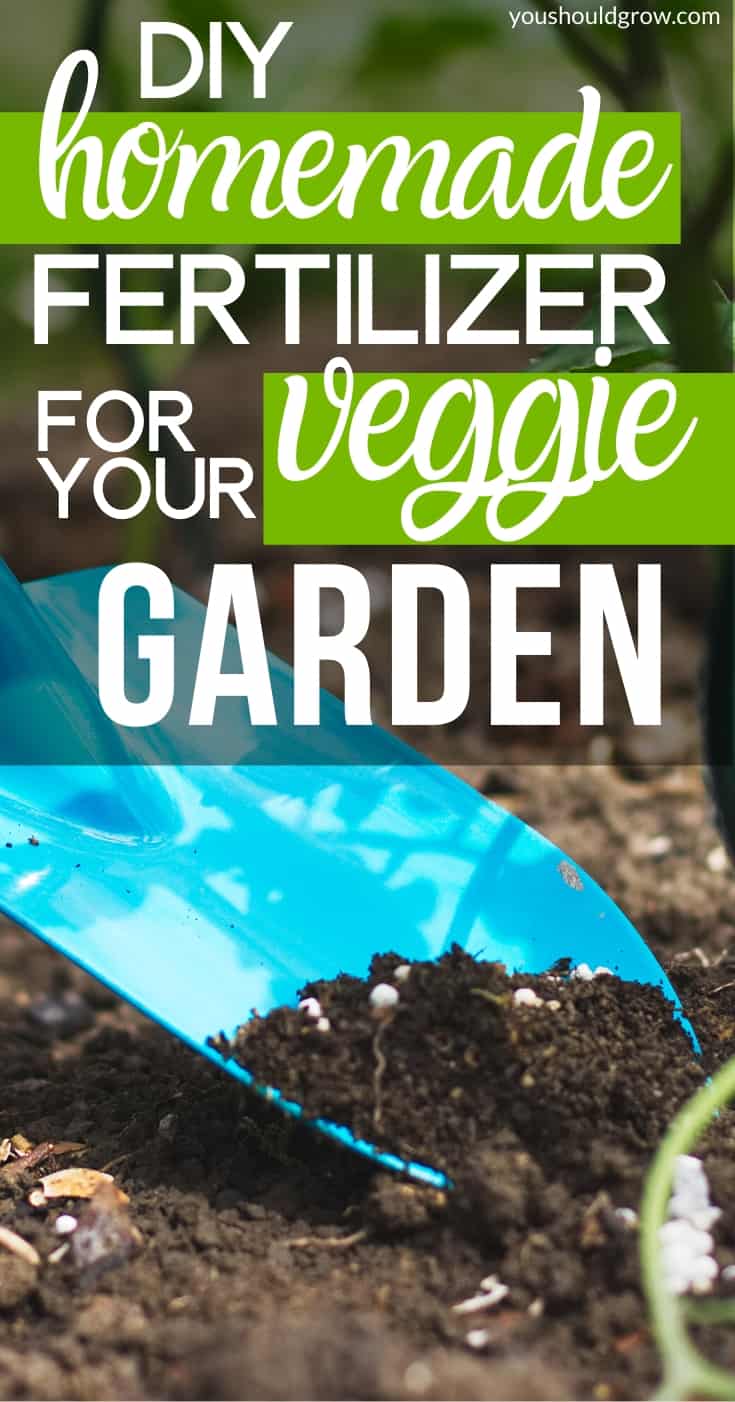
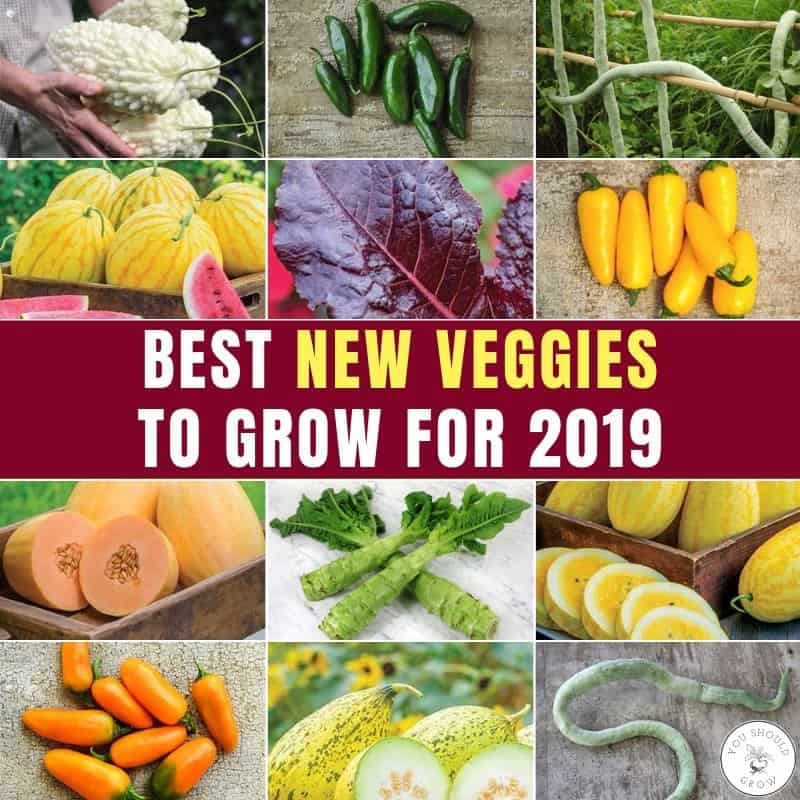
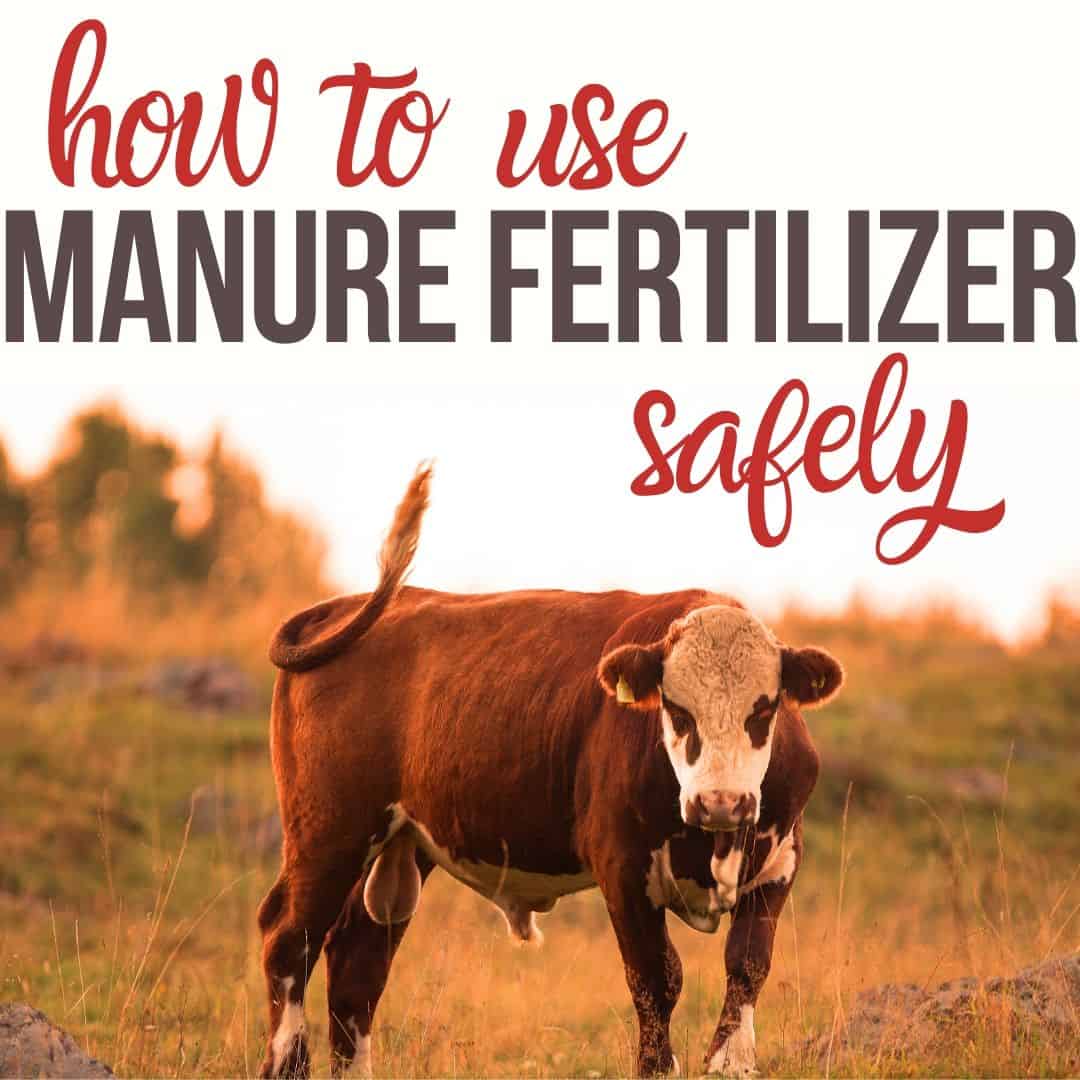
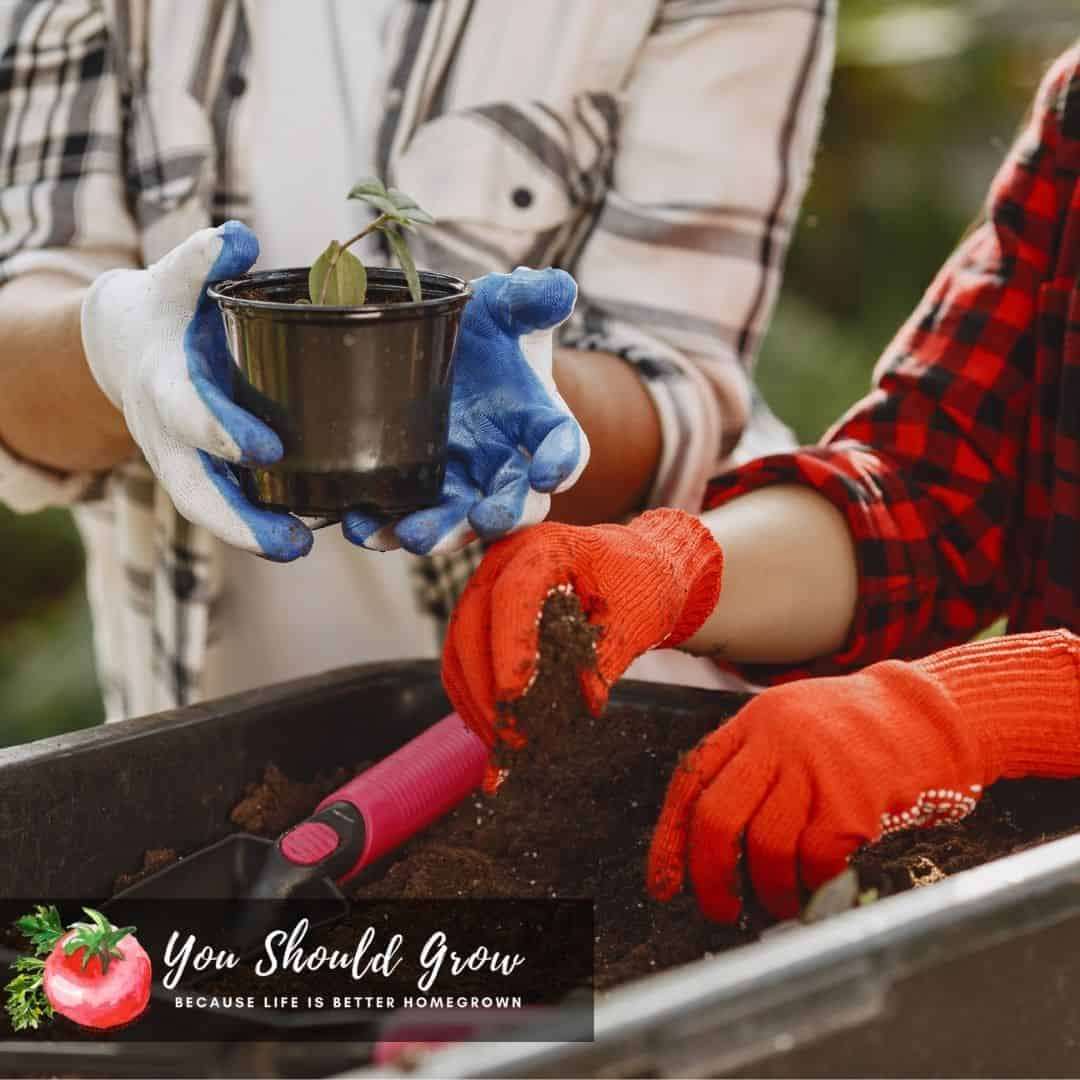
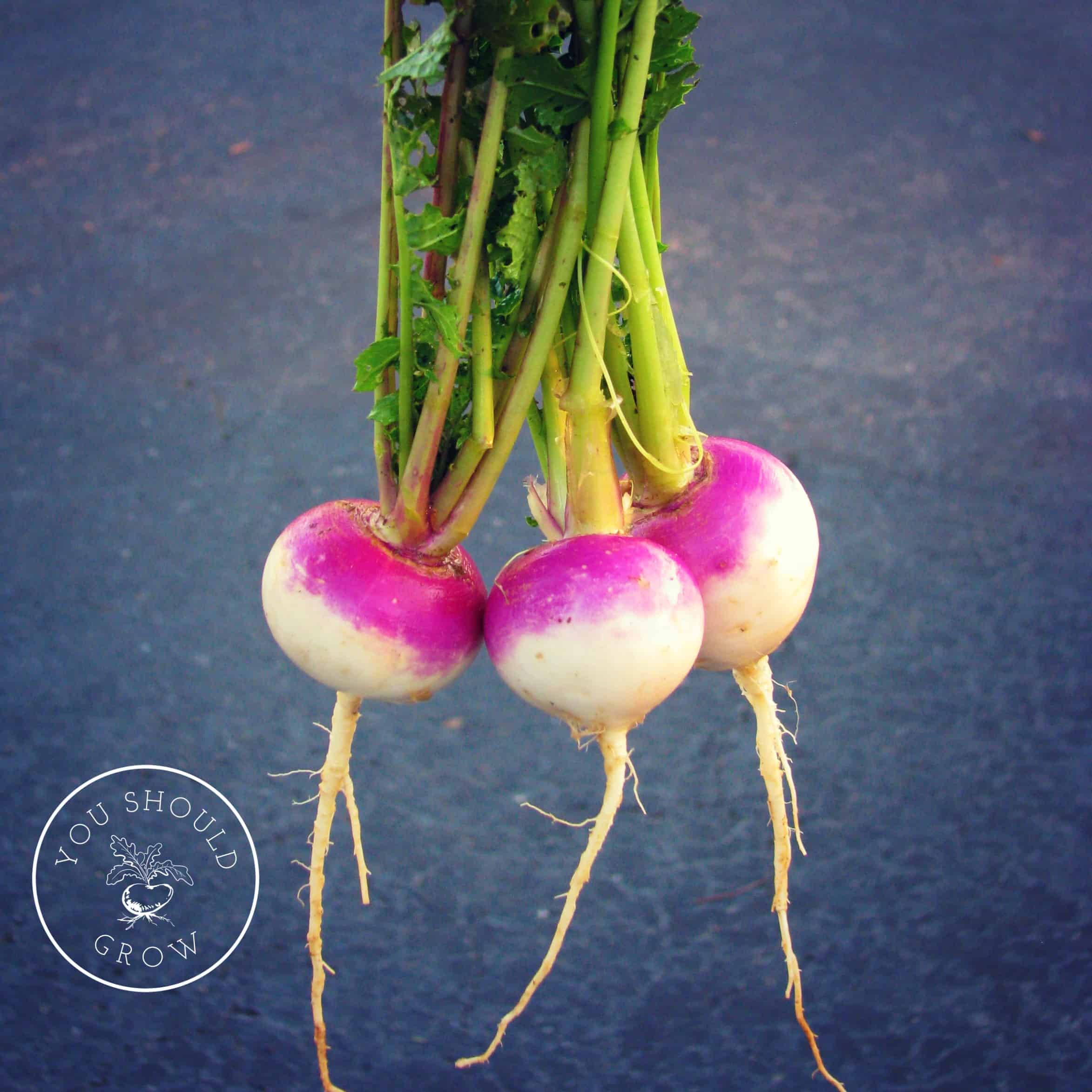
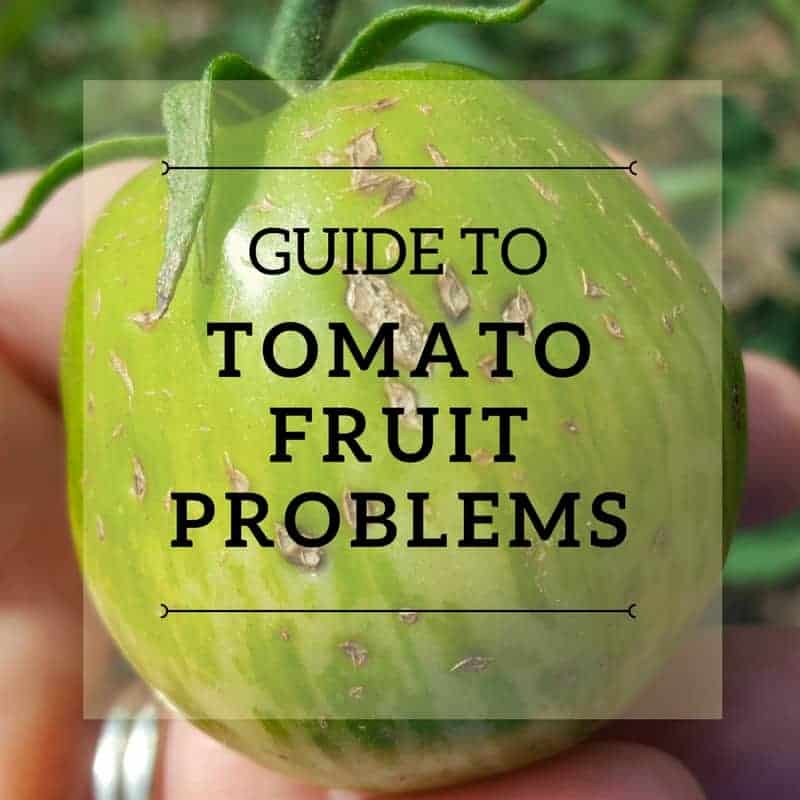
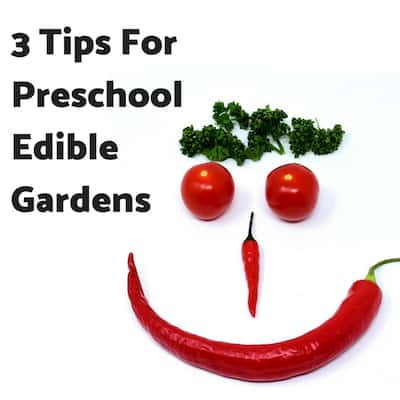
but if you have your own compost, how often do you suggest to put compost on your veggies in your garden?
I would apply compost twice a year – at planting time in spring and then in fall after pulling up the garden.
If you collect enough scraps for gallon bag. How much liquid fertilizer does it make?